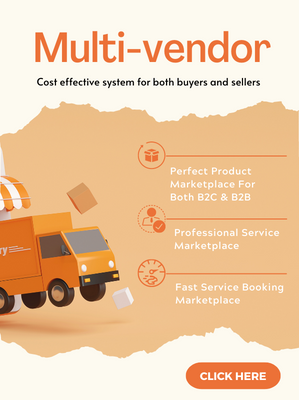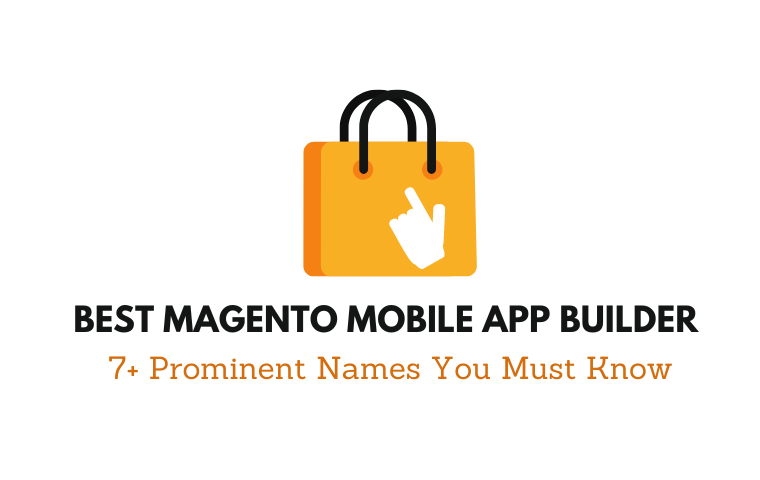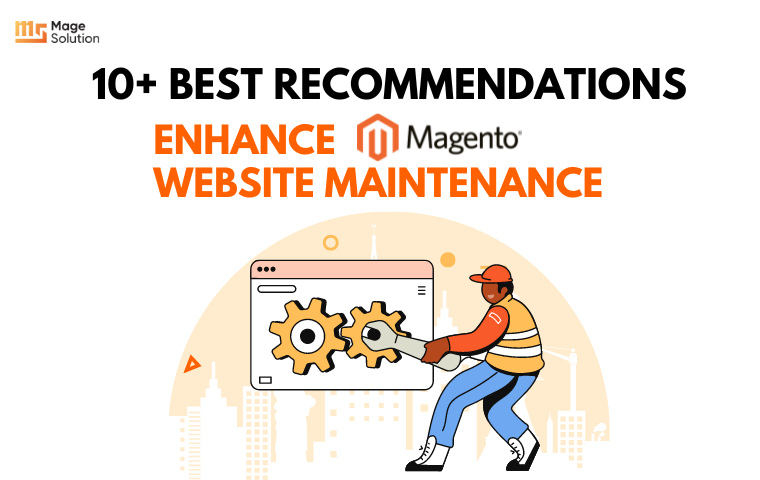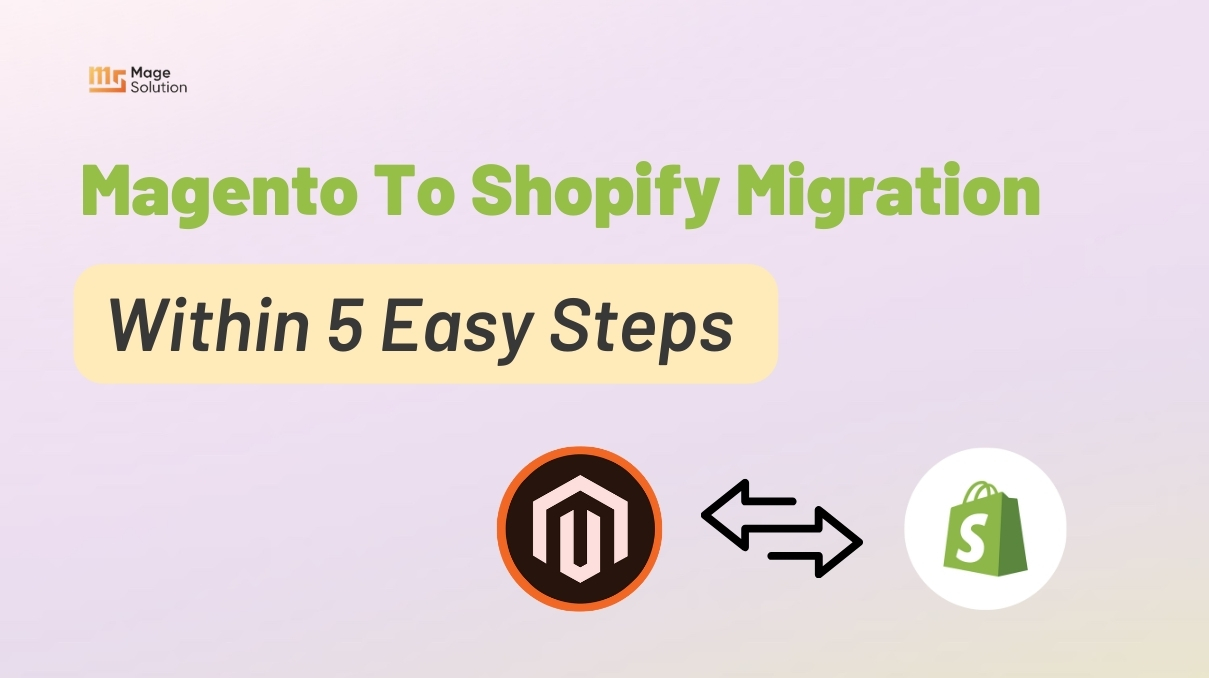Magento and Opencart have established themselves as one of the most stable and robust shopping carts that are currently available at the market. They both have a potential for becoming if not perfect, then very approximate to this definition. There are benefits and pitfalls in each of these platforms, that’s why the final choice between them is not an obvious one, and mostly depends on personal preferences and business requirements. Today’s focus is on Magento vs. Opencart, though, and we’ll help you decide which platform is better for you. By the end of this article, you will be able to make a final decision on which eCommerce platform you need for your store.
Magento vs Opencart: What is better for your ecommerce store?
Easy to use (Winner: Opencart)
Ease of use is a term seldom associated with Magento. Its installation process itself is a hassle if you’re not conversant with software and technology. Moreover, maintenance of a Magento store comes with challenges that only a developer worth his salt can handle. Installing and customizing themes, modules, payment gateways, product catalogs, etc in Magento are fairly complex tasks. This is why Magento itself offers specialization certificates to developers, making them ‘certified Magento professionals’.

Opencart, however, is easier than Magento. It provides users with a simple installation process and an intuitive interface. Further download & customizations of themes are also uncomplicated and can be done even if you have minimal coding knowledge. Even so, if you’re looking for a platform with a zero learning curve, then OpenCart might fall short. You still need to have basic technical knowledge of hosting, FTPs, Github, installation technicalities, security updates, etc.
SEO effectiveness (Winner: Magento)
Magento definitely prioritizes SEO and comes with advanced, customizable SEO features. It generates SEO friendly URLs and meta descriptions, integrates Google site maps, automates watermarking and image resizing, etc. It also allows you to link your store to your WordPress website if you have one. Moreover, if you need more SEO features, then there are a ton of extensions available in the Magento marketplace. You can go as far as you want to when it comes to making your store search engine friendly.
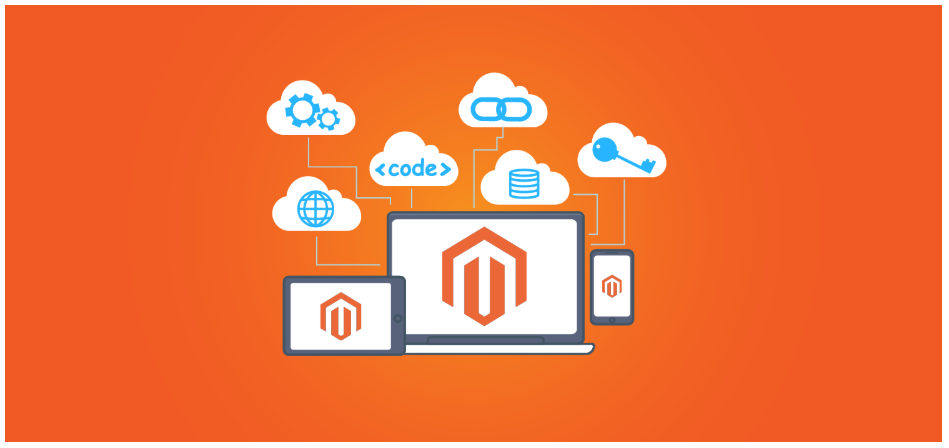
OpenCart’s SEO system is average. It does provide basic SEO features like any other eCommerce platform. For example, you can edit URLs, meta tags, meta descriptions, rel canonical tags, etc. But basic is as far as it goes. If you want robust SEO features, then OpenCart is not for you.
Cost
With respect to hosting, the fee an OpenCart user has to pay is lower because of the platform’s lightweight architecture. Regarding modules, most of OpenCart’s premium extensions’ costs fluctuate from $10 to $489 a month. Meanwhile, Magento extensions can cost you around $49 to $500, with the Magento pricing varying from development agency to agency and the feature set of the extensions.
Hosting cost
Nothing comes for nothing. Even though Magento and OpenCart are free to download and use, you’ll still need to pay for hosting, extensions and premium templates. Magento, however, will cost you considerably more. Being a resource-demanding solution, it requires a strong (and expensive) hosting plan to support your store performance.
OpenCart, to the contrary, is much more lightweight, which means hosting expenditures will be less. Themes are also nearly twice as cheap compared to Magento ones, not to mention moderate extensions prices. This fact, however, results in a relatively humble variety of choice of the templates and plugins offered.
Security

Magento takes security very seriously. It offers regular updates with security patches for any loop. But it is still an open-source platform and you will have to add extensions and follow certain Magento security guidelines. Other than that you can also use SSL and WAF to protect your store.
However, since OpenCart is a simple and light platform, it is also less vulnerable to a security breach. The basic defense system offered by the platform is more than enough. OpenCart has some essential features in its security. Thus, it suggests general advice for keeping the store safe. However, it should be an improvement soon.
Payment Methods
When it comes to payment methods, OpenCart surpasses Magento in the number of payment gateways available. You can integrate up to 36 payment methods with OpenCart, which are 2Checkout, Authorize.Net, PayPal, SagePay, WorldPay… Besides, additional payment methods can be downloaded from the OpenCart Extension Dictionary.
All OpenCart payment extensions are PA-DSS compliant by default, which means they do not store any card details. What’s more, all clients data like name, address, phone number… are declared to be saved to an account that the customer select during registration.
In Magento you’ve got PayPal, Braintree by default and the rest could be included later to your preferences through Magento Connect. Moreover, you can experiment with funtions like one-click Magento payments, guest checkouts, and more.
The verdict: OpenCart supports numerous payment gateways, which is a big advantage over Magento. Besides, customers can add more payment gateways basing on their reference, which costs additional expenses.
Support
Magento has an active developer community of 300,000 members. You can easily find answers online in its community and forums. Apart from that, there are detailed chapters and step-by-step guides on Magento’s website as well. You can effortlessly find information on installation, the configuration of themes, modules, etc. Also, if you’re using Magento Commerce, then you’ll be entitled to direct technical support from Magento.
OpenCart has a dedicated support system for all its users. But this will cost you extra money, the pricing packages start from $99 for one time fix and $99 per/month for a dedicated support team. If you want unpaid support you will have to rely on the community and forums. OpenCarts community, keeping in mind it’s popularity, is very small.
Features and extensions
Magento was designed for larger eCommerce stores and offers features and extensions for the same. Also, there is a huge market for Magento developers who can easily develop any new extension required for your store. In other words, Magento takes the bigger share of the pie here since it has a far bigger library of extensions to offer. You can find any kind of extension that you require for your store on the Magento extensions gallery. Opencart, though having a large number of extensions to offer, it doesn’t come close to Magento. It does allow you to access and maintain order history but it is rather complex for a beginner.
Inventory/Store management
Magento is considerably advanced when it comes to catalog management. There are unlimited products, categories, and attributes. You can categorize your products using any attribute you want, be it color, product type, style, etc. Thus enabling Magento inventory management will give you real-time updates regarding your stock, and you’ll be able to manage your store efficiently. Apart from this, Magento does a lot more to amplify its store management. It allows you to print packing slips, invoices, bills, shipping labels, etc.

Store management in the two platforms: Magento and Opencart
OpenCart also allows for real-time inventory updates. It offers numerous payment gateways. There are more than 36 options to accommodate international payments as well. It also provides several shipping methods by default. You get USPS, UPS, Royal Mail, Parcelforce, FedEx, Citylink, and Australia Post, etc. You can manage the catalog from the admin panel itself. You can add or delete products, and also edit product descriptions, add categories, etc.
While looking for an ecommerce platform, it is important to know what is important for you and what will work better for your business. OpenCart is great if you’re trying to build a store on your own with minimum financial infusions. Magento, alternatively, is a perfect choice for bigger stores with bigger budgets. However, both shopping carts are good for what they’re designed to do – selling and bringing profits.
Final Words
So, we have just shown some highlighted functions of Magento vs opencart for you to review and consider. If you want to build a high converting website with e-commerce & technology experts at an affordable price. Book a free consultation with our experts and explore our Magento Development Packages. Together we can build with a business model and roadmap that match your requirements.
